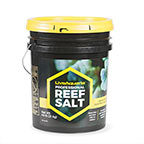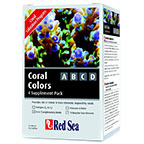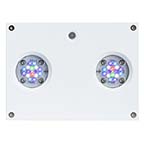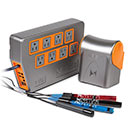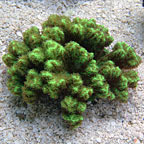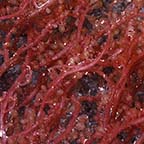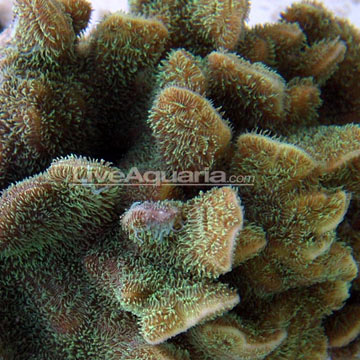

Additional locales and sizes may be available!
Additional locales and sizes may be available! Email me when availableQuick Stats
What do these Quick Stats mean? Click here for more information
What do these Quick Stats mean? Click here for more information
Overview
Usually SPS corals tend to be more difficult to care for when compared to LPS corals. Once established, though, the Pavona Coral is fairly hardy but requires a moderate to high light level and strong random currents within the aquarium. Calcium, strontium, and other trace elements should be added to the water for its continued good health.
It will benefit from additional food in the form of micro-plankton or brine shrimp fed in the evening when its tentacles are visible.
Approximate Purchase Size: Small: 2" to 3"; Medium: 3" to 5"; Large: 5" to 7"



